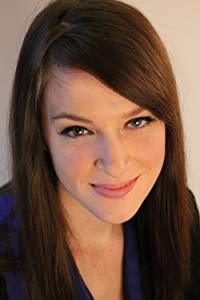
I was first officially diagnosed with bipolar disorder at the age of nineteen after falling into a suicidal depression. I thought that I was the only one in the world experiencing what I was going through. When I was finally hospitalized I saw that other people were dealing with similar things, but they were all much older than me and had very different life circumstances. It was difficult for me to connect with my fellow patients.
After I left the hospital I struggled with extreme bipolar episodes and in turn felt more and more alone. Feeling like I had no one to talk to or who could understand what I was going through, I wrote. I wrote in journals every day, trying to come to terms with my illness, trying to understand what was happening to me, and trying to find a way to release all of my thoughts.
Eventually, after writing for many years, my mom and I decided to combine our writing and create a book that shares our story of a mother and daughter struggling through a diagnosis of a mental health condition.
Today, our book, Perfect Chaos (St. Martin’s Press), has been published and we are sharing our story with a wider audience. Finally, by voicing my story, I realized that I was not alone and that mental health conditions are universal. Being open about my journey showed me that I could help others who also felt alone with their illness. It was not only a relief, but it was also empowering.
Writing remains a stabilizing support in my life. Through sharing my story with honesty, I have learned that I am not alone and I have found allies in my journey. I also found that I receive better support from my medical providers. Through organizations like DBSA, we can begin to share our stories and let others know that they are not alone, but rather a member of a strong and supportive community.


